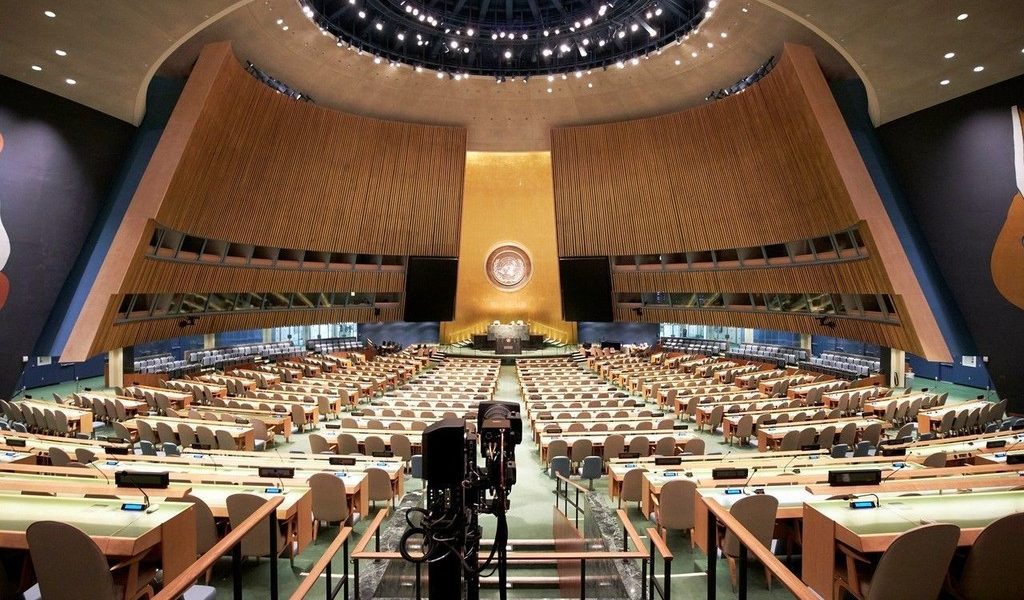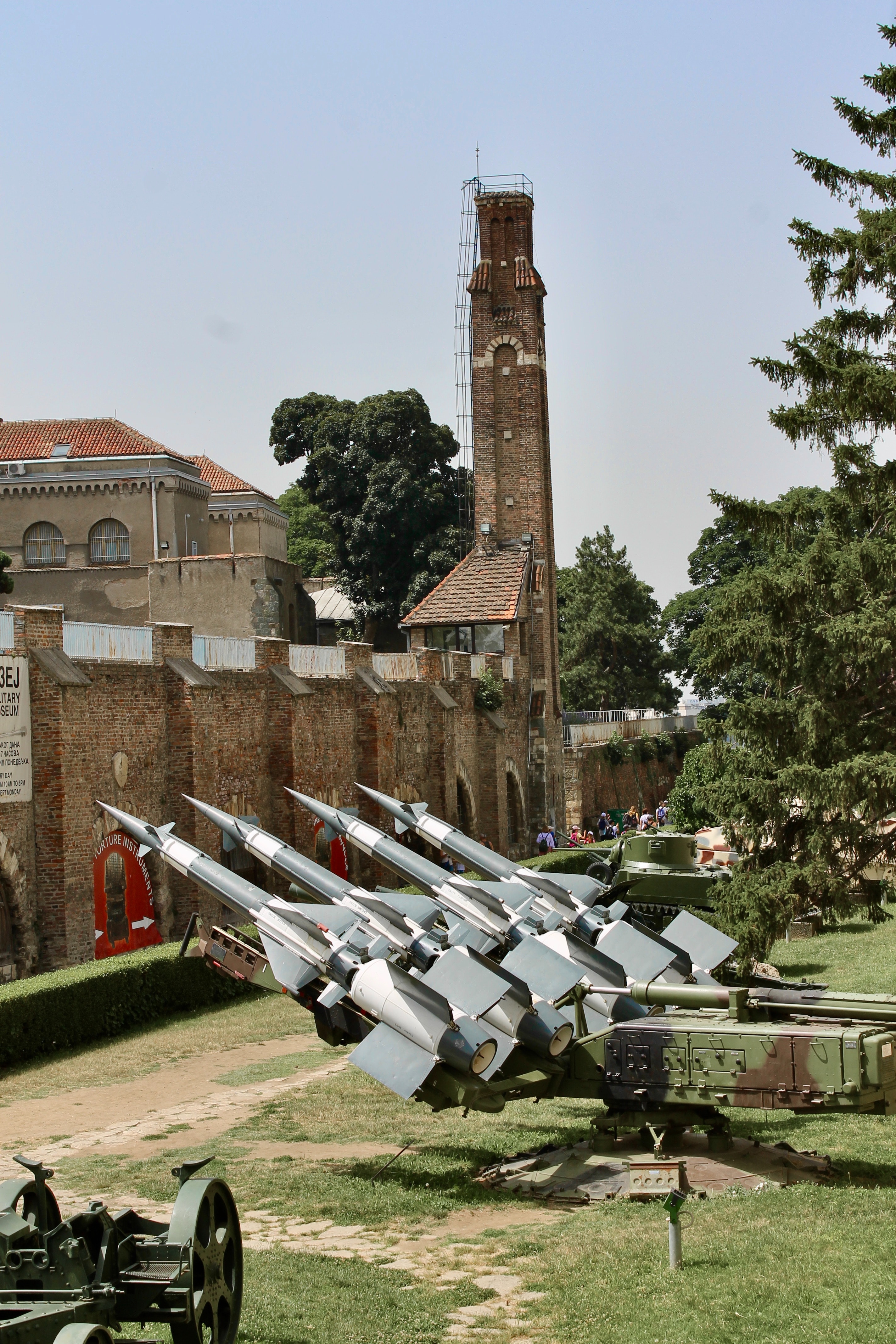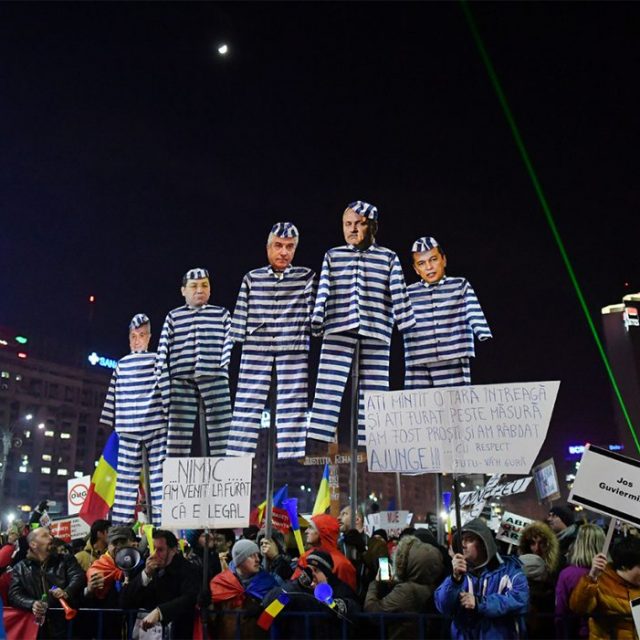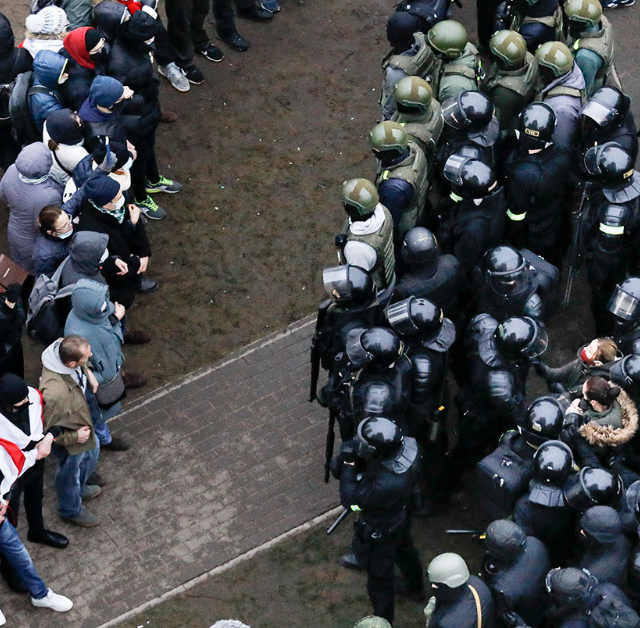The following is the text of a speech by Chales Michel, President of the European Council.
Seventy-five years of the Charter of the United Nations. But rather than looking back, I want to look forward 75 years, to 2095. My youngest daughter, Lucie, will be 76 years old. And like any parent in the world, I want the best for my children. Let me try to imagine what their lives will be like. Lucie might have five grandchildren, she might have a degree in climate engineering, she might have worked on three different continents. Or perhaps she might have been a nurse, or an artist, or even have practised a new profession which doesn’t even exist yet.
I try to imagine the state of the world and the kind of society in which Lucie, her sister Jeanne and her brother Maximilien will live: 11 billion people, who will probably live in megacities. Unless space exploration has opened up new horizons. Perhaps travel by drone will be the norm and connected objects will have revolutionised people’s personal and professional lives. And discoveries regarding the untapped capacities of the human brain will have opened up new possibilities.

But at the same time, I wonder. Will vast swathes of land really have become uninhabitable for the human race? Will the great forests be preserved? Will access to water be guaranteed, or will it be a source of conflict or even lead to wars? Will climate migration be managed in a humane way? And above all, will the dignity of each human being, personal freedoms, and the fight against all forms of discrimination be weaker or more robust?
As a citizen, of course, but also as a political leader, I strongly believe that intelligence and empathy, both individual and collective, together constitute the driving force of progress. Freedom and respect are its renewable energy sources.
And this is, in fact, the lesson of the last 75 years. Since the signing of the Charter of the United Nations, each time that cooperation, exchange and tolerance have been put into practice, the conditions of life have improved.
Whereas division, isolation, discrimination and injustice have always been synonyms of regression, conflict and, sooner or later, war.
The European Union is the empirical and shining proof of this. This is why the European Union is the largest area of freedom, prosperity and shared progress in the history of the world. And this spirit of cooperation is undoubtedly what constitutes the DNA that the EU shares with the United Nations. Here I would like to quote our friend Antonio Guterres: the United Nations and the European Union, he said, are ‘the two greatest peace projects of our times’.
The challenges of the future are not exactly the same as those of 1945. Climate change, sustainable development and of course peace and security. These are difficult challenges which require our full dedication.
‘We are responsible for one another’: here I paraphrase Kofi Annan, who left an indelible mark on the fight for universal values. COVID-19 is a global crisis, as big as it is unprecedented, which continues to cause a great deal of suffering and pain. But this crisis is also opening our eyes and reminding us of what is essential: the integrity and dignity of every human being. Individual and collective well-being must always be our compass. And it is international cooperation which offers, for example, the best guarantee of being able to deploy anti-COVID vaccines and treatments that are accessible to all.
We do not all share the same history, the same customs, the same culture. Dialogue and cooperation require sustained effort, avoiding the pitfalls of misunderstanding, exercising patience, learning from one another. This requires respect and tenacity.
It is with solemnity that today I renew the vow of multilateralism on behalf of the European Union. But it is with a shiver that I think of Lucie, Jeanne, Maximilien and all the children who will be 75 years old in time. Our speeches will not be enough. It is our actions and our courage today that will open up opportunities for them to spread their wings




